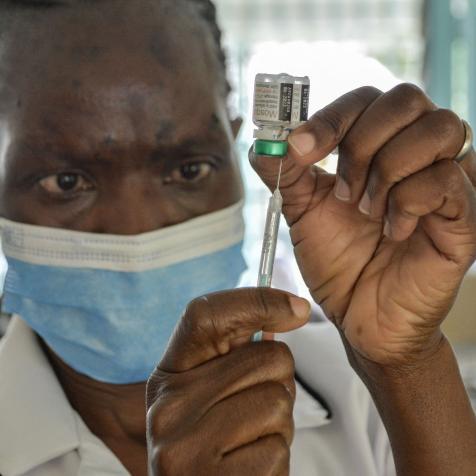
Curiosity Daily Podcast: Anger Looks Guilty, Quantum Microscope, Good News About Cancer
Learn about anger makes you look guilty; a new quantum microscope; and why the fight against cancer is going very well.
Episode Show Notes:
Anger makes you look guilty by Kelsey Donk
- Johnson, S. (2021, June). Falsely accused? Stay calm, because anger makes you look guilty. Big Think; Big Think. https://bigthink.com/mind-brain/signs-of-guilt
- DeCelles, Katherine, Gabrielle Adams, Holly S. Howe, and Leslie K. John. "Anger Damns the Innocent." Psychological Science (in press). https://www.hbs.edu/ris/Publication%20Files/DecellesEtAl20%20-%20Anger%20Damns%20the%20Innocent_7e5cda61-ed8b-4592-866e-bea68f944a70.pdf
New quantum microscope can reveal biological structures that would otherwise be impossible to see by Briana Brownell
- Lu, D. (2021, June 9). Quantum leap for medical research as microscope zooms in on tiny structures. The Guardian; The Guardian. https://www.theguardian.com/science/2021/jun/10/quantum-leap-for-medical-research-as-microscope-zooms-in-on-tiny-structures
- Researchers create quantum microscope that can see the impossible. (2021, June 9). Phys.org. https://phys.org/news/2021-06-quantum-microscope-impossible.html
- Casacio, C. A., Madsen, L. S., Terrasson, A., Waleed, M., Barnscheidt, K., Hage, B., Taylor, M. A., & Bowen, W. P. (2021). Quantum-enhanced nonlinear microscopy. Nature, 594(7862), 201–206. https://doi.org/10.1038/s41586-021-03528-w
We'll never "cure cancer," but the fight against cancer is going very well by Cameron Duke
- Berezow, A. (2021, June 14). We’re winning the war on cancer. Big Think; Big Think. https://bigthink.com/surprising-science/were-winning-war-on-cancer
- Mulcahy, N. (2021, April 14). Rankings of Most Common Cancers to Shift Over Next 20 Years. Medscape; Medscape. https://www.medscape.com/viewarticle/949253
- Rahib, L., Wehner, M. R., Matrisian, L. M., & Nead, K. T. (2021). Estimated Projection of US Cancer Incidence and Death to 2040. JAMA Network Open, 4(4), e214708. https://doi.org/10.1001/jamanetworkopen.2021.4708
Follow Curiosity Daily on your favorite podcast app to learn something new every day with Cody Gough and Ashley Hamer. Still curious? Get exclusive science shows, nature documentaries, and more real-life entertainment on discovery+! Go to https://discoveryplus.com/curiosity to start your 7-day free trial. discovery+ is currently only available for US subscribers.
See omnystudio.com/listener for privacy information.















